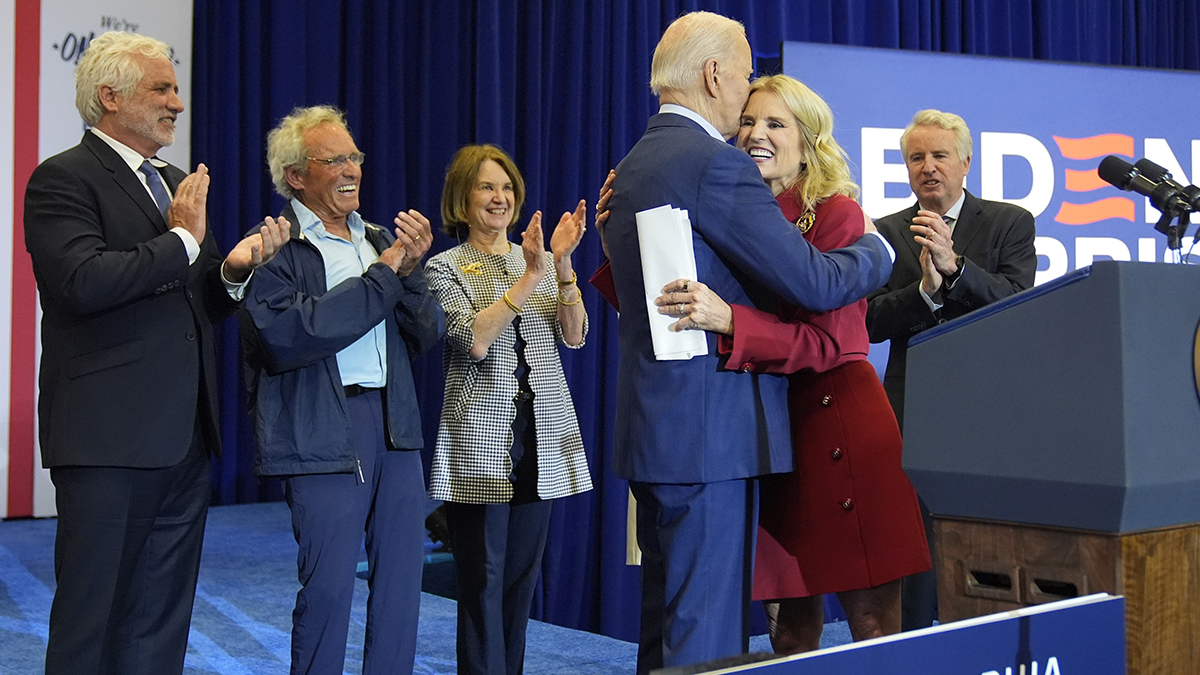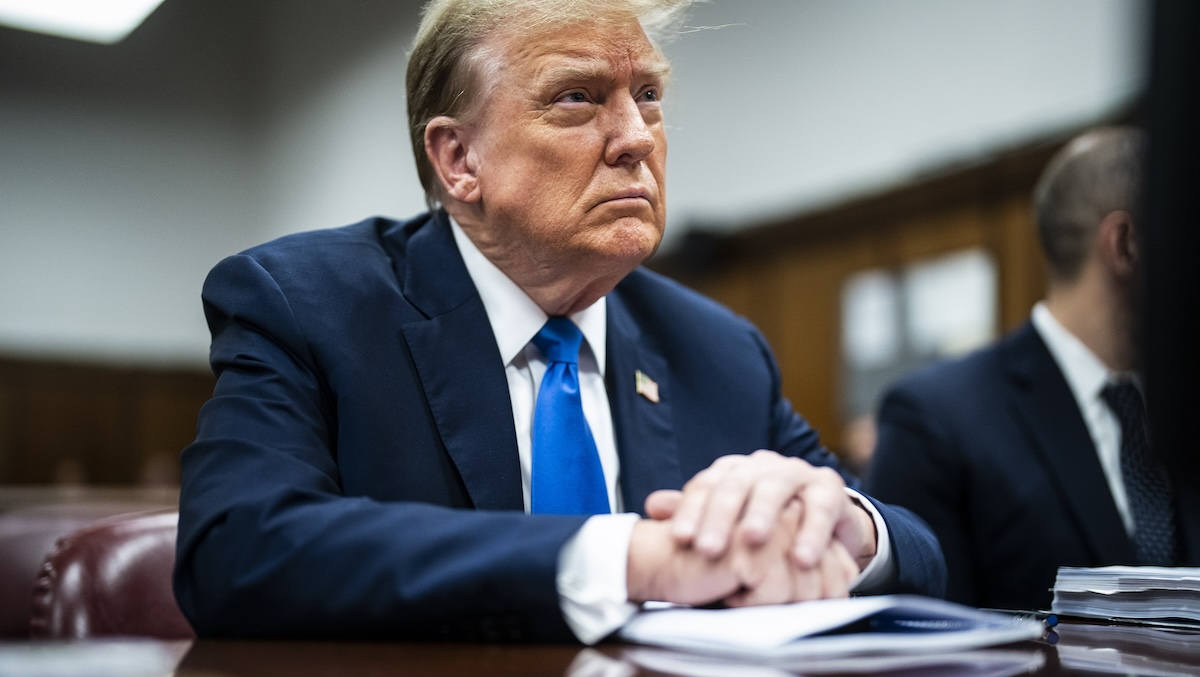Newt Gingrich's presidential hopes may rest among the pews of Florida's ministries and megachurches.
The former House speaker is looking to Florida's religious conservatives to counter rival Mitt Romney's organizational and financial might in a state where so-called "values voters" could constitute more than a third of the Republican electorate in the Jan. 31 primary.
"There's no question Gov. Romney will always have more money," Gingrich says when asked about his Florida campaign. But he's quick to add that his team has between 5,000 and 6,000 volunteers. Aides say many of them are evangelicals.
Thrice-married, Gingrich may not be the obvious pick for churchgoers here. But the network of religious activists he's assembling has far greater concerns about Romney's inconsistent history on abortion and gay rights than they seemingly do about Gingrich's two divorces and acknowledged marital infidelity.
And that gives Gingrich an opening as he challenges Romney in the aftermath of Saturday's primary in South Carolina, where the polls suggest Gingrich may end up winning.
Seeking to capitalize on Gingrich's burst of momentum, one of his top evangelical backers in Florida planned to lead a conference call in the coming days with 1,000 pastors. Others are spreading Gingrich's message in the state's many churches and Baptist publications. And Gingrich has already lined up appearances with the religious community for next week.
"The evangelicals are not going to wrap their arms around Romney in this primary or the general election," says John Grant, a Baptist leader and one of Gingrich's Florida evangelical chairmen. "Gingrich is pulling these people together quite nicely."
Politics
The power of Florida's evangelicals depends on their ability to unite. And while they're nearly united against Romney, they're not wholly united behind Gingrich. Some prominent religious conservatives are rallying around Rick Santorum, the former Pennsylvania senator long known for passionate social conservatism, but generally considered a longshot in the race to challenge President Barack Obama in the fall.
Santorum is showing no signs of bowing out, especially after the final tally suggested he edged Romney in the Iowa caucuses even though there is no officially declared winner.
The continued division leaves the political power of Florida's evangelicals fractured, just as anti-Romney conservatives have been in other early voting states all year.
"We have to figure out how we're going to come together," said John Stemberger, a Santorum supporter who led the 2008 push to amend Florida's constitution to ban gay marriage.
Stemberger hoped a recent meeting of national evangelical leaders in Texas would do just that. The group held a nonbinding vote that showed overwhelming support for Santorum. But in Florida, there are serious questions about the viability of Santorum, who hired a Florida staff just last week.
Gingrich's organization pales when compared to Romney's, which has been years in the making. But Gingrich's team is working to capitalize on doubts about Santorum, as well as on Texas Gov. Rick Perry's recent exit.
Gingrich's Florida operation is led by Jose Mallea, who managed Florida U.S. Sen. Marco Rubio's 2010 race.
Even before Perry's exit, Gingrich's team had been quietly courting key staff and supporters from both the Perry and Santorum camps to boost an organization that was stood up in December.
Underscoring the challenge Gingrich faces, he has yet to run any television ads in Florida, where Romney and his allies have had the airwaves to themselves since mid-December. Mallea said Gingrich will advertise in Spanish and English soon.
Gingrich also faces renewed attention on flaws in his personal life that could turn off evangelicals here.
In an ABC News interview broadcast Thursday, Gingrich's second wife said he sought an "open marriage" arrangement so he could have a mistress and a wife. Asked about his ex-wife's assertions during a debate that night, Gingrich said it was false and lashed out at the media.
"I wish he didn't have that background, but I honestly believe he's had a real renaissance experience," said Grant, the Gingrich supporter.
In recent years, Gingrich has publicly acknowledged mistakes, converted to Catholicism and says prayer is an important part of his life.
Gingrich's team estimates evangelicals will represent between 25 percent and 40 percent of the Florida GOP primary electorate.
Exit polling from the 2008 GOP primary shows that approximately 39 percent of voters identified themselves as born-again or evangelical Christians. They were almost evenly split that year, with 30 percent for Sen. John McCain, 29 percent for Romney, 29 percent for Mike Huckabee and 7 percent for Rudy Giuliani.
Romney would be happy with a repeat performance. His team has organized weekly conference calls with a group of social conservative leaders it hopes will produce at least some of the evangelical vote.
But Romney is not going out of his way to appease this group. He recently declined to respond to the Florida Family Policy Council voter guide, which Stemberger organized. The guide highlights Romney's non-answers on key social issues prominently and was emailed to 100,000 Florida evangelicals this week. It also is expected to be faxed and emailed to about 8,000 churches.
While Stemberger and Grant don't agree on a Romney alternative, they share deep concerns about him.
"I hear that if it's Obama and Romney, evangelicals have no place to go. But there's a third choice: It's called home," Grant said.



